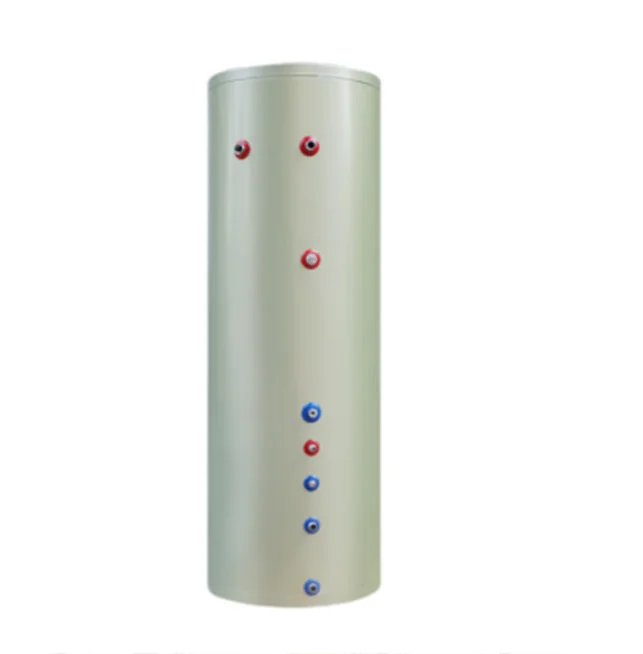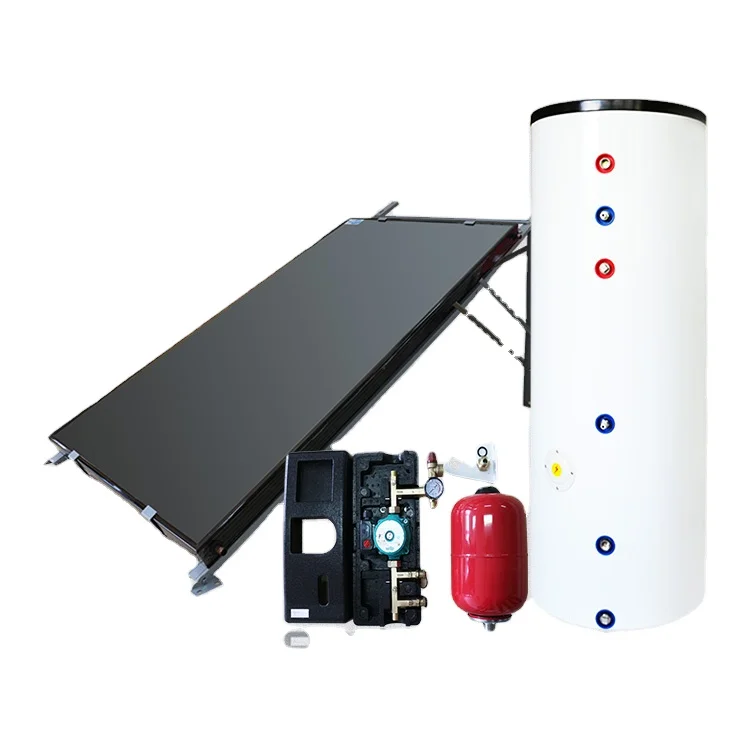Practical for our homes Hot water tanks are very important in all houses. To take showers, to wash our clothes and dishes — they give us hot water! They're the tanks that give us hot water and all of our lives on demand. Yet, older hot water tanks consume large amounts of energy to heat up which leaves many families struggling with soaring electricity bills they want to prevent.
Looking to find out how you can save yourself money and energy on your hot water tanks? A smart way to solve this problem of an efficient hot water tank. An energy-saving water heater ensures that you receive hot water efficiently without breaking the bank, and without wasting any of your precious electricity. This equals saving more cash in your pocket and lesser on the ecosystem!
A tankless hot water heater is one choice. On demand heating means it will give you hot water only when required and therefore no waiting for the tank to be filled up. It is also more space saving in your house which fits great when you have a confined working area. Moreover, tankless heaters are energy-efficient which allows you to reduce your energy bills.
A good hot water tank is one that takes less time to heat up, thus saving you some bucks on your energy consumption. And because they are newer tanks, particularly in regard to modern technology, these models tend to be more durable and last much longer than older ones. They are energy savers that will cut down your electricity bill.

After well insulation on a hot water tank, another important is the Tank Insulation. This is the point where insulation comes into play; to keep that hot water, hot for a significantly longer amount of time. This basically means that you can keep the water hot for longer periods of time, so it will not require constant reheating and hence save your money & energy.

Most new hot water tanks also boast high Energy Factor (EF) ratings. Hot water produced with energy used is derived using the Energy Factor, which quantifies tank hot-water storage. The EF rating should be higher for an efficient water heater. You can look at the EF rating on your hot water tank now, then see how it compares to newer ones.

For big families, a tankless hot water heater or hybrid heat pump will be the best choice. This means they can also provide hot water to more than one location in your home simultaneously, and everyone still has the ability to enjoy a piping-hot shower. It will prove to be very useful in the morning when everyone is running around and getting ready for their day.
most efficient hot water tank is founded in 2006and is the largest manufacturer and exporter of custom stainless steel water tank and the oldest producer of DUPLEX stainless steel water tanks that utilizes the latest technology for in China. It has more than 50 inventions and utility model patents. SST export water tank for over 18 years, is No. 1 water tank exporter and has a factory with an area of over 30, 000 square meters, output per month of more than 10, 000pcs. Heating loss reach A+;
SST has stainless steel material lab for raw materials, the laboratory will perform component analysis of raw materials and spectrograph test, it can verify that the raw materials we use conform to ROHS and standards. Point corrosion test to examine the different stainless steel material's corrosion resistance; most efficient hot water tank to examine the change in the chemical composition of raw materials and other materials following welding. Tensile test, to determine the strength, toughness, and fatigue. Also we have stress test and fatigue test for each tank to assure that the products are all certified.
SST products cover: heat pump water tank, buffer tank made of gas, gas boiler electric water tank, pressure solar water tank hot water tank storage water tank, heat recovery water tank, solar system related accessories, and other stainless steel custom-designed products. SST has most efficient hot water tank and OEM services, 20 Technology and RD experts, and 6 automated production lines that ensure high-quality welding.
SST is certified with CE CB, ERP, and CE certifications for the European market. Watermark is designed for the Australian market, UL is for North America, KTW and WRAS are meant for most efficient hot water tank drinking standards. Our water tank now can reach a temperature loss of A+. Additionally, ISO9001, ISO14001, ISO45001 and all materials reach ROHS.